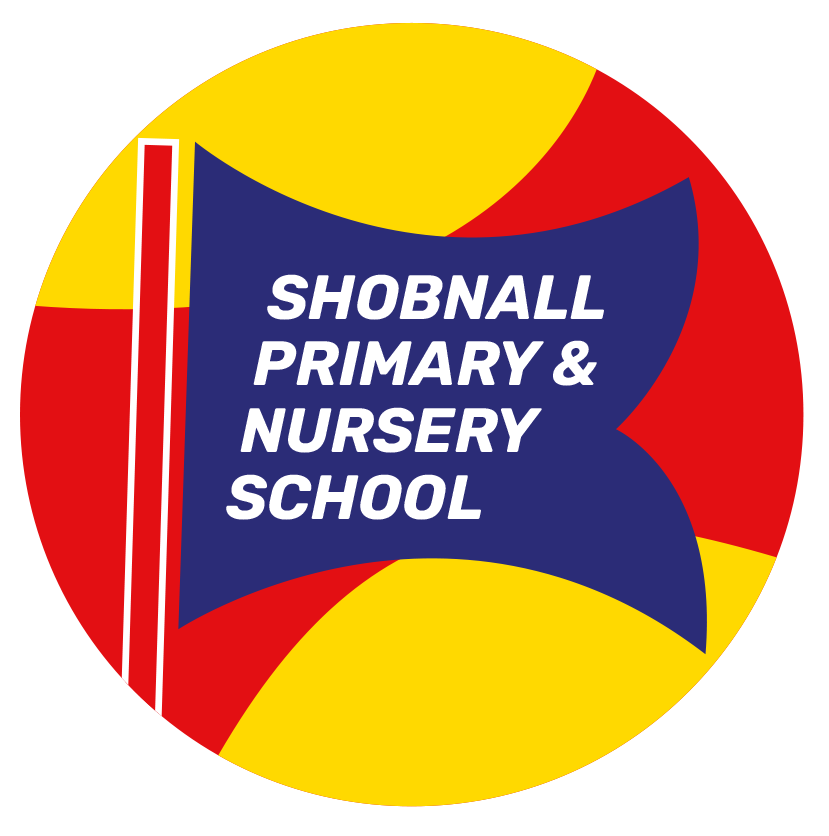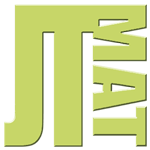Subject Leader
Mr D. Adams
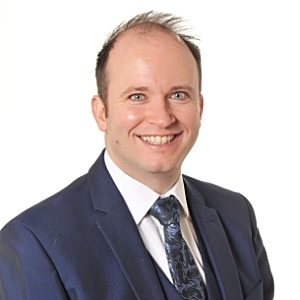 My name is Mr Adams and I am the subject leader for History at Shobnall Primary & Nursery School. I am passionate about History and find it fascinating to consider how events of the past shape our lives today. It is my vision that History should be taught in a way to encourage children to think about how historical events have impacted the 21st century. They should gain a bank of knowledge embedded in their long term memory to be able to form debates, ask questions, link previous knowledge, understand chronology and interpret the past.
My name is Mr Adams and I am the subject leader for History at Shobnall Primary & Nursery School. I am passionate about History and find it fascinating to consider how events of the past shape our lives today. It is my vision that History should be taught in a way to encourage children to think about how historical events have impacted the 21st century. They should gain a bank of knowledge embedded in their long term memory to be able to form debates, ask questions, link previous knowledge, understand chronology and interpret the past.
With this in mind, we have carefully planned our history curriculum to offer all children the chance to experience historical periods through time as well as learning about significant events. We have taken the key content from the National Curriculum to provide a broad curriculum and considered how this may best be used to ensure an understanding of chronology and significance.
To ensure seamless transition through each classes we expose all children to focus on events that have taken place within living memory as well as moving back through time to focus on historical periods from the past.
To ensure that learning is meaningful, we also offer a range of CPD opportunities for all staff and have a culture of knowledge sharing across the school. Through this collective learning, I am proud that our team is always striving to be the best that it can be.
Vision
At Shobnall Primary & Nursery School, our vision is to enable children to have an excellent knowledge and understanding of people, events, and contexts from a range of historical periods and of historical concepts and processes. Our children display a desire to embrace challenging activities, including opportunities to undertake high-quality research across a range of history topics and a passion for history and an enthusiastic engagement in learning, which develops their sense of curiosity about the past and their understanding of how and why people interpret the past in different ways.
Aims and Goals
Learning is a change to long-term memory. Our aims and goals are to ensure that our students experience a wide breadth of study and have, by the end of each key stage, long-term memory of an ambitious body of procedural and semantic knowledge.
This will be done using the following strategies:
Reflect: We believe our pupils should have the ability to think, reflect, debate, discuss and evaluate the past, formulating and refining questions and lines of enquiry. Pupils will have the ability to think critically about history and communicate ideas very confidently in styles appropriate to a range of audiences.
Respect: We ensure our children have a respect for historical evidence and the ability to make robust and critical use of it to support their explanations and judgements.
Robust: We aim for our pupils to have the ability to consistently support, evaluate and challenge their own and others’ views using detailed, appropriate and accurate historical evidence derived from a range of sources.
These are the key threshold concepts – ‘the big ideas’ underpinning the subject:
- Investigate and interpret the past
- Build an overview of history
- Understand chronology
- Communicate historically
Curriculum
At Shobnall Primary & Nursery School, we aim to provide a history curriculum that is creative, inclusive, challenging and inspired by the real world. It inspires future thinkers, innovators and problem solvers. It promotes curiosity and supports high quality teaching and learning. Through this carefully planned curriculum we enable all children to reach their full potential.
We embed knowledge categories to give students a way of expressing their understanding for the threshold concepts (as previously stated above.)
For each of the threshold concepts three Milestones, each of which includes the procedural and semantic knowledge students need to understand the threshold concepts, provides a progression model.
EYFS
In the Early Years Foundation Stage, we teach history through the Past and Present strand of the Early Years Framework. Ongoing experiences and opportunities linking to children’s developing understanding of the world are planned from the objectives set out in the Early Years Framework, which underpin the curriculum planning for children aged 3-5. The experiences that we provide ensure that children develop a secure understanding of the world around them. By the end of the Reception year, they will be able to talk about the lives of the people around them and their roles in society, know some similarities and differences between things in the past and now, drawing on their experiences and what has been read in class and understand the past through settings, characters and events encountered in books read in class and storytelling.
KS1
The Primary National Curriculum aims for all children to:
- Develop a chronologically secure knowledge and understanding of British, local and world history, establishing clear narratives within and across the periods they study. They should note connections, contrasts and trends over time and develop the appropriate use of historical terms. They should regularly address and sometimes devise historically valid questions about change, cause, similarity and difference, and significance. They should construct informed responses that involve thoughtful selection and organisation of relevant historical information. They should understand how our knowledge of the past is constructed from a range of sources.
In planning to ensure the progression described above through teaching the British, local and world history outlined below, teachers should combine overview and depth studies to help pupils understand both the long arc of development and the complexity of specific aspects of the content.
KS2
The Primary National Curriculum aims for all children to:
- Continue to develop a chronologically secure knowledge and understanding of British, local and world history, establishing clear narratives within and across the periods they study. They should note connections, contrasts and trends over time and develop the appropriate use of historical terms. They should regularly address and sometimes devise historically valid questions about change, cause, similarity and difference, and significance. They should construct informed responses that involve thoughtful selection and organisation of relevant historical information. They should understand how our knowledge of the past is constructed from a range of sources.
In planning to ensure the progression described above through teaching the British, local and world history outlined below, teachers should combine overview and depth studies to help pupils understand both the long arc of development and the complexity of specific aspects of the content.
Assessment
Assessment for learning is continuous throughout the planning, teaching and learning cycle. Key historical knowledge is taught to enable and promote the development of children’s historical enquiry skills. Assessment is supported by use of the following strategies:
- Observing children at work, individually, in pairs, in a group and in class during whole class teaching.
- Using open-ended questions that require children to explain and unpick their understanding.
- Providing effective feedback, including interactive marking, to engage children with their learning and to provide opportunities for self-assessment, consolidation, depth and target setting.
- Book moderation and monitoring of outcomes of work, to evaluate the range and balance of work and to ensure that tasks meet the needs of different learners, with the acquisition of the pre-identified key knowledge of each topic being evidenced through the outcomes.
- Use of Proof of Progress (POP) tasks.
- Use of KWL grids (‘what I know already, what I want to know and what I have learnt’) throughout a unit, alongside specific and measureable learning objectives for each lesson.
Cross-Curricular
Fundamentally, everyone’s experience of the world is cross curricular, as everything that surrounds us can be seen and understood from multiple perspectives. Our history curriculum at Shobnall Primary & Nursery School therefore aims to take advantage of a range of opportunities for children to make links between different subject areas, supporting the use and application of what has already been taught and learned in new and different ways and providing opportunities for deep, meaningful learning.
Visits and Enrichment
At Shobnall Primary & Nursery School, we place great emphasis on the importance of educational visits and visitors to enhance the teaching and learning of history. These visits and visitors, which provide valuable opportunities for learning through first-hand experience, are therefore an integral part of the curriculum and allow our children to make valuable connections between what they have learned in class and their first hand experiences in the real-world. A few examples of and activities are listed below:
- Trips to castles, museums and historical buildings.
- Visitors who share historical experience and knowledge.
- Forest School to experience historical activities and creative learning.
- Exploration of our local area.
Pupil Voice
At Shobnall Primary & Nursery School we believe that the view of every pupil is important to ensure that we provide the best education possible. When I monitor History, I ask children from all classes to discuss their learning, enjoyment and skills during history. Feedback is always very positive and this helps teachers when planning their next project.
Documents and Useful Links
Please see below a selection of documents that relate to the intent, implementation, and impact of History teaching and learning at Shobnall Primary & Nursery School. If you require any additional information relating to this subject, then please contact the subject leader, Mr Adams, via the school office email.
Approach to the Teaching of History – Shobnall Primary & Nursery School
History Programme of Study – Shobnall Primary & Nursery School
History Primary National Curriculum Programme of Study Key Stages 1 & 2
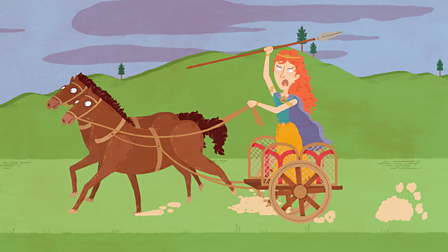
KS1 History BBC Bitesize
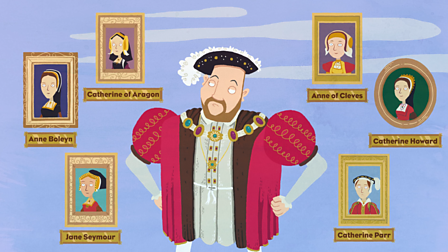
KS2 History BBC Bitesize
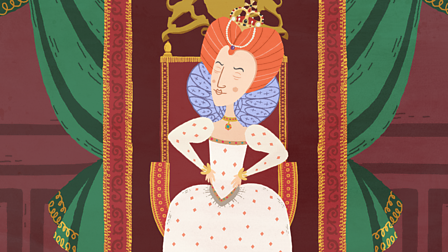
History for Kids
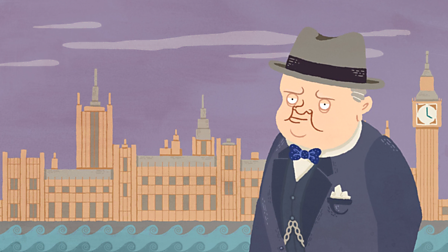
Ducksters Education Site
